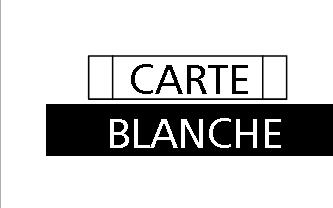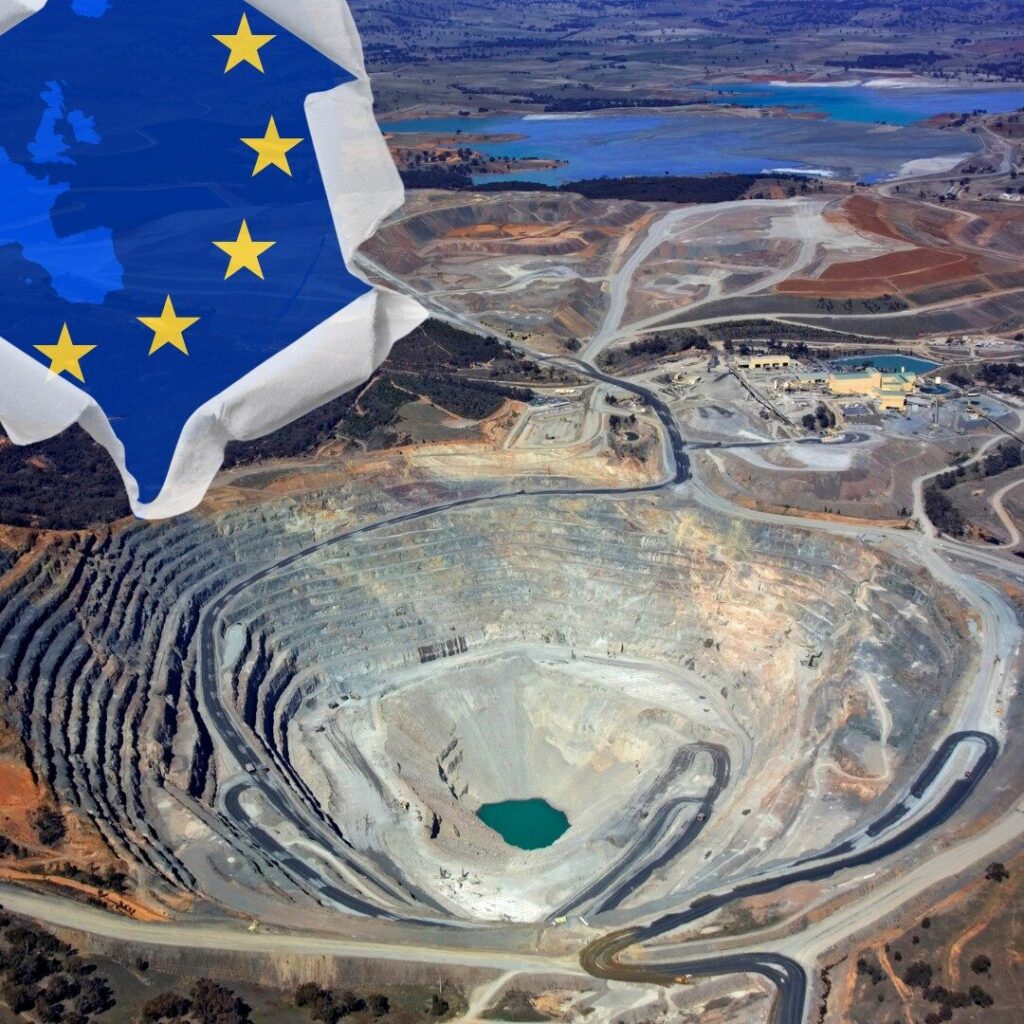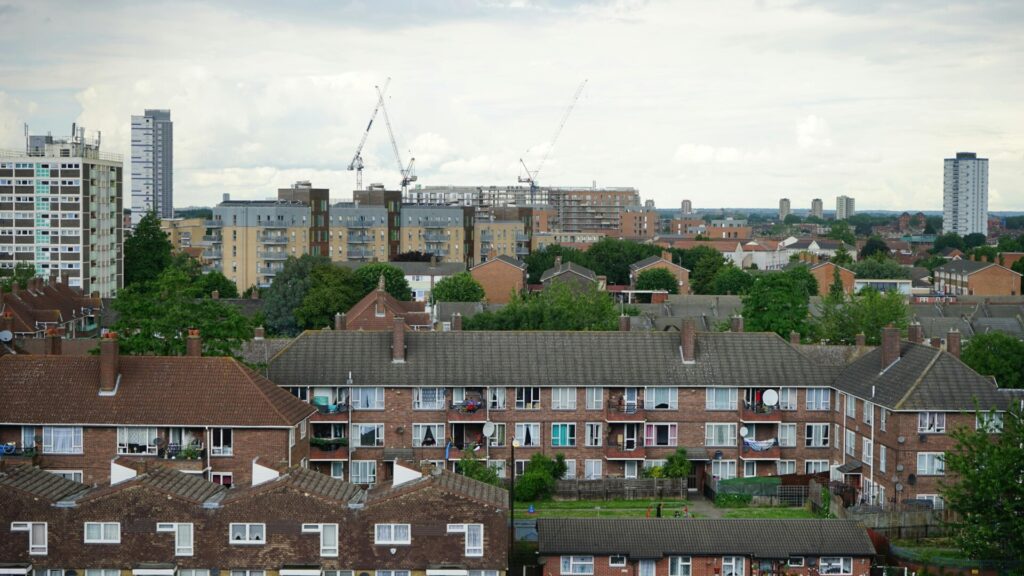He is always near you. He knows more about you than your best friend. But do you know what's in his stomach? There we find extracts of metals like tin, tungsten, coltan and even gold. What you probably don't know is that the extraction of these minerals is often carried out in disastrous conditions for local populations. And what about the working conditions of the workers who assemble the electronic components. Europe has the power to change this, and it is high time!
More than 30 metals make up our mobile phones, which shows the importance of these elements in the manufacture of these technological jewels present by our side every day.
However, the extraction of these minerals is often carried out in disastrous conditions for the security of populations in countries in the South of the planet. In DR Congo, illegal armed groups do not hesitate to tax artisanal miners to finance their activities. According to one IPIS study (International Peace Information Service), 50% Congolese artisanal gold diggers work on mining sites where they are illegally taxed by an armed group. Rape, mutilation and forced displacement have been the lot of the Congolese for 20 years, who have come to regret having the “luck” of having a subsoil rich in minerals.
Released in 2012, the film “Blood the Mobile” sees a Danish director, Frank Poulsen, investigate the Congolese mines in order to trace the journey of the raw materials used by a company to manufacture its phones. Result: the multinational was forced to admit in front of its camera that it was impossible for it to be 100% certain that the metals contained in its devices had not been used to finance armed groups. But unfortunately this is not the only company to be singled out. Even though international initiatives have since multiplied, too few companies today show an interest in establishing effective processes aimed at monitoring their suppliers.
Unfortunately, it’s not just extraction that’s the problem. The working conditions of Asian workers who assemble electronic components are also regularly criticized: low wages, long hours, child labor, exposure to toxic products, intimidation, absence of unions and no opportunity for collective bargaining or social dialogue. are all reasons to seriously doubt the “clean” nature of our cell phones.
All this suffering is tattooed in the heart of our phones but also in our tablets, computers, washing machines, coffee machines, vacuum machines, in our thermostats, cars, scooters, etc.
However, change is possible! “Blood minerals” have for two decades been the subject of numerous awareness campaigns by international civil society which aim to make the market more transparent. It is, among other things, thanks to this pressure that the European Union is currently studying a draft regulation aimed at asking European companies to source responsibly when imported minerals come from zones of armed conflict.
The Belgian Federal and European Parliament recently spoke out: they asked that this regulation be mandatory in nature, in other words, that companies be legally required to trace the materials used as a basis for the manufacture of their products, and to make sure they are not stained with blood.
A message which, however, does not seem to have been heard by the governments of European countries, which are holding back any attempt at restrictive regulation. The economic crisis that is shaking Europe paralyzes our political decision-makers, who prefer to put business before ethics.
Belgium, due to its historical past with DR Congo, assumes a particular responsibility and should be able to encourage its European partners to move in the direction of compulsory regulation, the only guarantee that companies will actually act.
Consumers can pressure the European Union and its member states to adopt a regulation requiring companies to monitor their supply chains. For example, we invite consumers to support such a request via the international campaign STOP MAD MINING [1]Initiative taken by civil society as part of the European Year of Development.
Ce n’est pas qu’une question de bonne conscience. Tout en assurant aux consommateurs qu’ils effectuent des achats propres, un règlement ambitieux contribuera à enrayer la spirale des conflits armés à l’œuvre en RD Congo et partout où les ressources naturelles sont utilisées pour financer des conflits. En cette période de fêtes de fin d’année, il est important de se rappeler que nos achats peuvent renforcer des filières mortifères. Dans l’attente d’un règlement européen permettant de garantir aux consommateurs que les achats qu’ils font ne sont pas entachés de sang, les consommateurs peuvent s’informer auprès de sources indépendantes et faire le choix de produits issus d’une chaîne de production plus responsable et transparente [2]www.test-achats.be, www.hightech-rating.ch, www.raisehopeforcongo.org. Whatever the case, getting information from your reseller before making a purchase remains the first responsible action to take!
- Delphine Chabbert, League of Families
- Patrick Develtere, beweging.net
- Jean-Philippe Ducart, Test-Purchasing
- Bernard Duterme, Cetri
- Axelle Fischer, Justice and Peace Commission asbl
- José Ignacio Garcia, Jesuit European Social Center
- Marc Goblet, FGTB
- Philippe Hensmans, Amnesty International French-speaking Belgium
- André Kiekens, Global Solidarity
- Christian Kunsch, MOC
- Jean-Pascal Labille, Solidaris
- Marc Leemans, CSC
- Chika J. Onyejiuwa, Africa Europe Faith Justice Network
- Luc Van Gorp, Christian Mutuality
- Arnaud Zacharie, CNCD-11.11.11
Notes[+]
| ↑1 | Initiative taken by civil society as part of the European Year of Development |
|---|---|
| ↑2 | www.test-achats.be, www.hightech-rating.ch, www.raisehopeforcongo.org |






